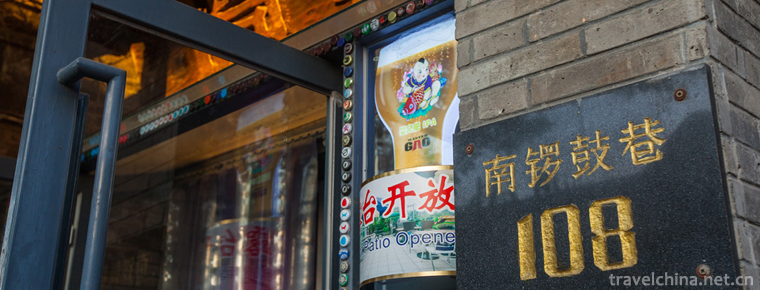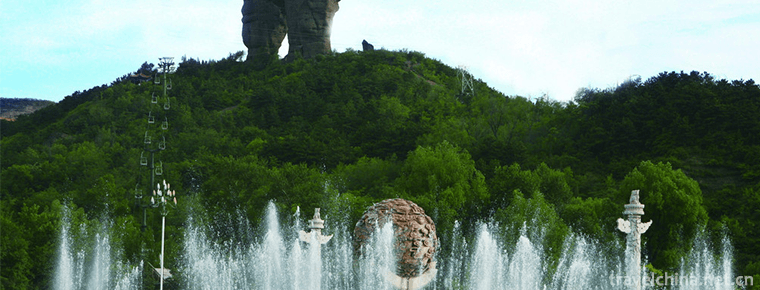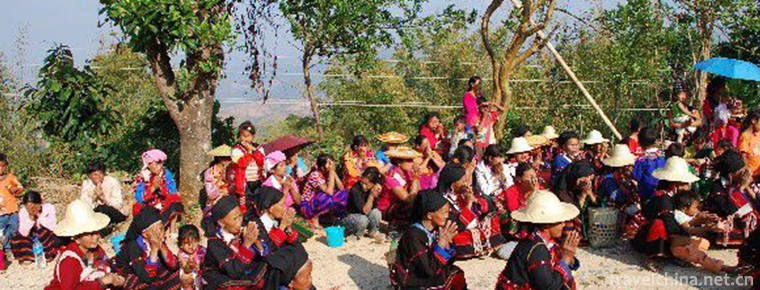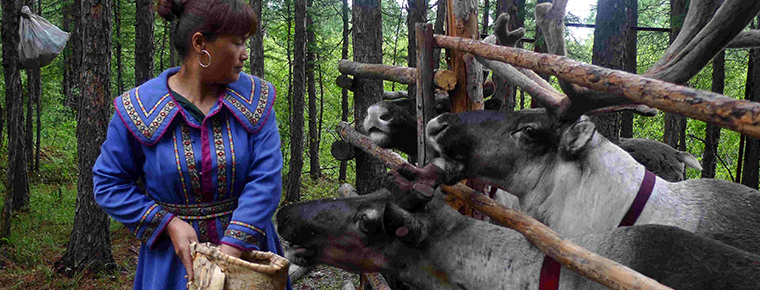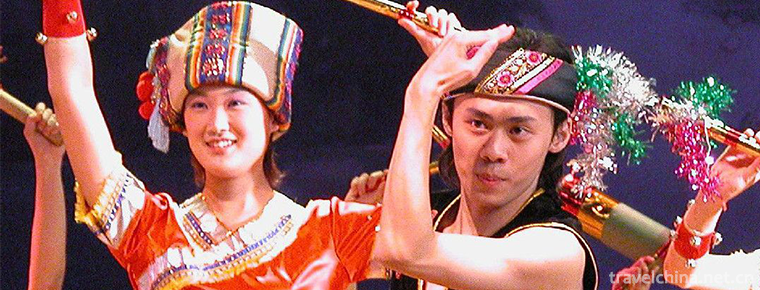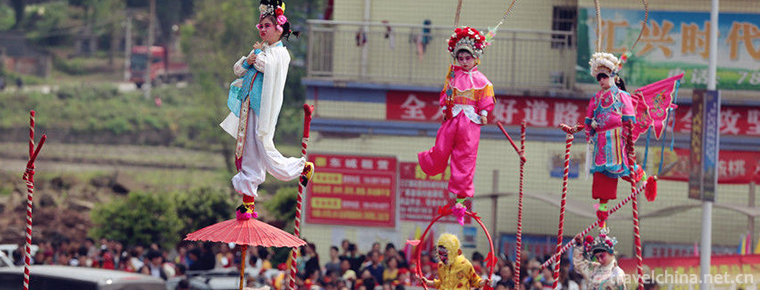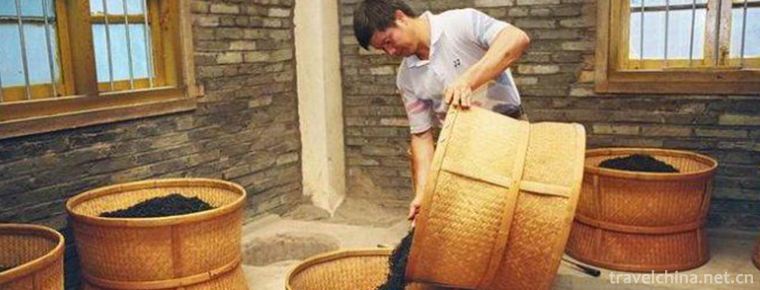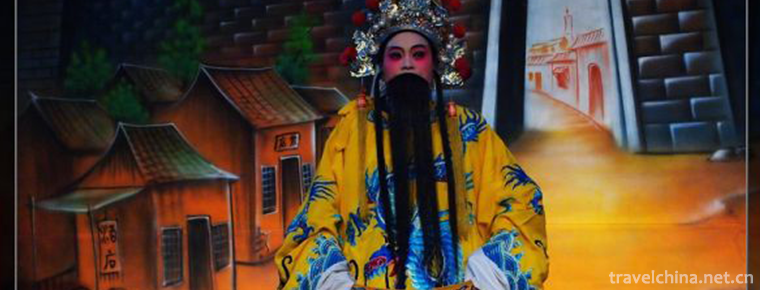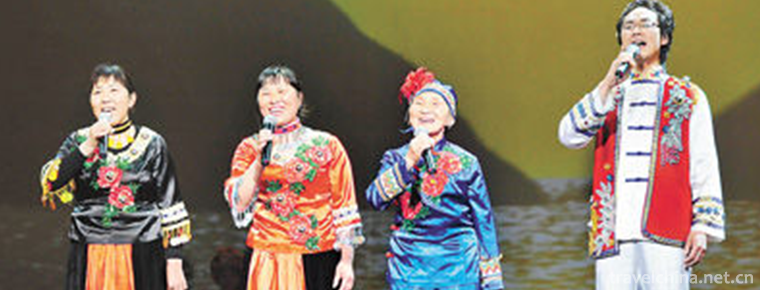Ching Bo Leung
The word "cool" in Hainan dialect can be pronounced as "Yin Shang Sheng", which is homonymous with the two words used as weight unit. It is the soup of old fire for clearing heat and removing dampness in summer.
The materials for clearing up and cooling are not unified. They are mainly based on strengthening spleen and removing dampness. Materials usually include: mung beans, red beans, Huai Shan, lotus seeds, Zimi, Coix, sago, lily, jujube and apricot, and add fruit such as watermelon, pineapple and longan to make sugar water. There are also old fire soup with Radix Astragali, dangshen, Huai Shan, lotus seed, * Ophiopogon japonicus, Yun Ling, blue jujube, fig and pork tendon. Different stores have their own ingredients according to different groups.
Qing Buliang usually appears in the form of sugar-forming water and Laohuo decoction. Different regions have their own unique flavor and therapeutic effect. After improvement, in addition to the original low sugar water, there are also different ways of eating coconut water, coconut milk, ice sand and ice cream. It is popular in China's Hainan, Guangdong, Hongkong, Macao, Guangxi and other regions.
Legend has it that after the first Qin emperor unified seven countries, he began to calm the Baiyue land in south of the Five Ridges. In 219 B.C., Emperor Qin Shihuang appointed Tu Sui as the chief General and Zhao Tuo as the deputy general to lead 500,000 troops to pacify Lingnan and advance the army to Lingnan. Because Lingnan belongs to the East Asian monsoon climate zone and has the characteristics of tropical and subtropical monsoon oceanic climate, the soldiers in the Central Plains are not adapted to the humid climate in the south. They get sick one after another, and the army's combat effectiveness is greatly reduced, and the battles are often defeated. At a time when the generals were at a loss, the military doctor developed a kind of porridge for both medicine and food. The porridge was made of lotus seeds, lilies, ginseng, Cishi, Yuzhu, Huaishan and coimi, which were processed into pulp. After taking it, people feel calm and energetic, and the army is brave in fighting again. Zhao Tuo said with emotion, "the food is clear and hot," and "replenishing qi". In order to ensure combat effectiveness, Zhao Tuo ordered his subordinates to eat a bowl of refreshing and refreshing food every morning. After the demise of the Qin Dynasty, Zhao Tuo began to annex Guilin County and Xiangjun County, and established the South Vietnam State in Lingnan region, calling himself "King of Wu of South Vietnam". The capital city of Panyu is Guangzhou today. He has been in power for 66 years and is a real "longevity man".
China's medicinal diet has a long history, from the court to the public widely disseminated. According to statistics from relevant scholars, there are more than 300 books on medicinal diet since the early Han Dynasty to the late Ming Dynasty. Nowadays, the works on dietary therapy and medicinal diet are more colorful and widely used than ever before, so that there are some special restaurants for medicinal diet. In people's lives, medicinal food has been popularized and enjoys high reputation abroad. Medicinal diet is an important part of traditional Chinese diet and traditional medicine.
Qing Bu Liang has a good effect of invigorating spleen and invigorating qi. At the same time, Qing Re Runfei, family soup, the elderly and young should be salty. Those who are weak and fire rising are especially suitable for Codonopsis pilosula to invigorate Qi and invigorate spleen and lung. It is used for spleen and lung weakness, shortness of breath, palpitation, less food, loose stools, asthmatic cough, internal heat and thirst. The commonly used Qi-Tonifying drugs in clinic have the functions of invigorating spleen and lung, which are similar to ginseng but weak. They are suitable for all kinds of deficiency of qi.
At the end of the Hong Kong people's favorite Hainan tourism product selection, Hainan flour, refreshing and refreshing, tropical fruit and pulp food and other Hainan specialty foods were selected as "Hong Kong people's favorite Hainan Top Ten Cuisines". This is the South China Sea network reporter learned from the Hainan Provincial Tourism Commission in October 8th.
"Ten favorite Hainan delicacies of Hong Kong people" are Wenchang chicken, East goat, Jiaji duck, Wenchang Baoluo powder, Hele crab, Lingao suckling pig, Hainan chicken rice, Hainan powder, colorful tropical pulp food, summer refreshing and refreshing.
Hong Kong is the main market of inbound tourists in Hainan Province. In order to enhance the promotion of Hainan tourism to Hong Kong, expand the market share of Hainan's tourists, let more Hong Kong people understand Hainan's characteristic tourism products, deepen the "one-way, multi-station" cooperation pattern in Qionggang, and attract more Hong Kong citizens and foreigners to Hainan. Tourism, Hainan Provincial Tourism Development Committee and Hong Kong "Wen Hui Bao" jointly organized the first "Hong Kong people's favorite Hainan tourism products" selection event officially opened in Hong Kong on July 1.
The selection began from 1 July to the end of September 30th. It was launched in Hongkong Wen Wei Po and Wen Hui online for 3 months. The selection activities are divided into six series. Ten Hainan International Brand Hotels, Local Brand Hotels, Golf Courses, Scenic Spots and Gourmet Food are selected as Hong Kong people's favorite hotels. Five tourist cities and counties are selected.
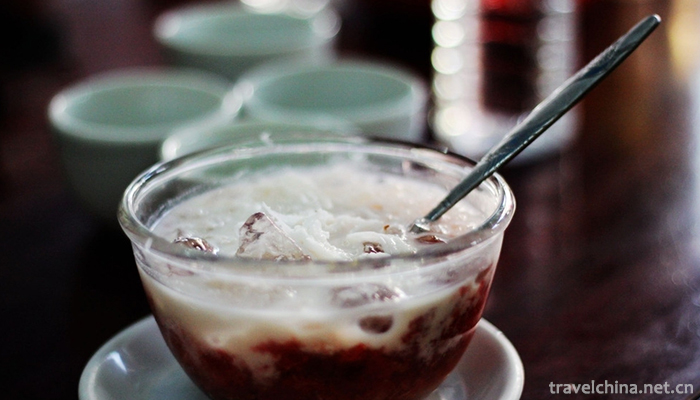
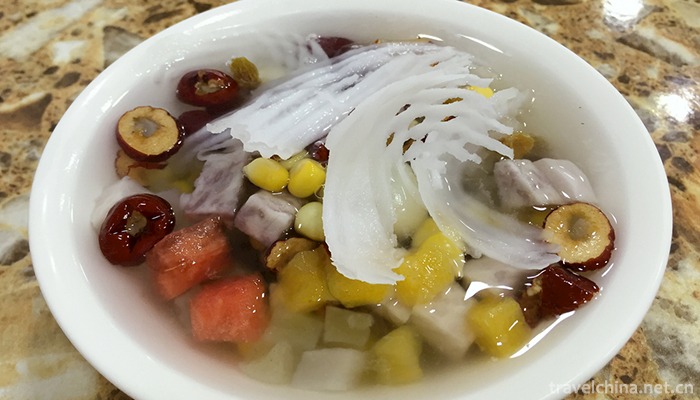
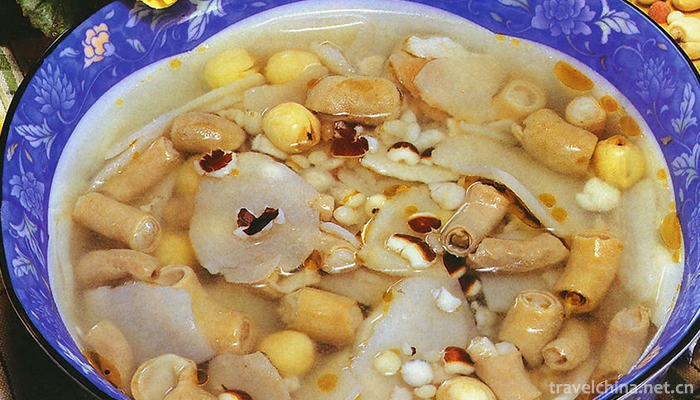
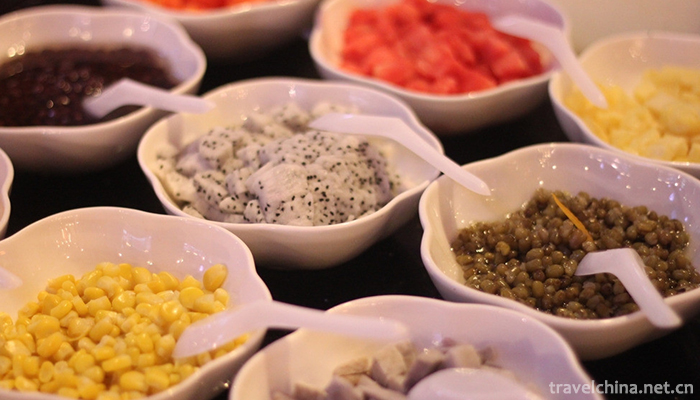
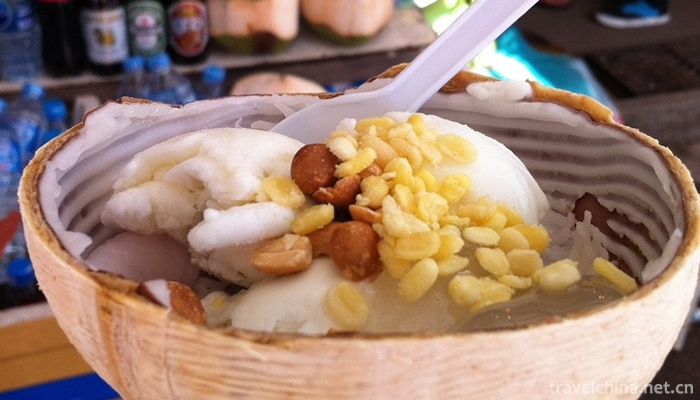
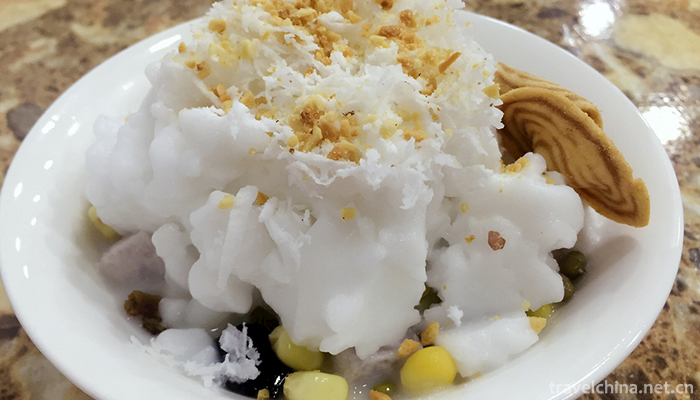

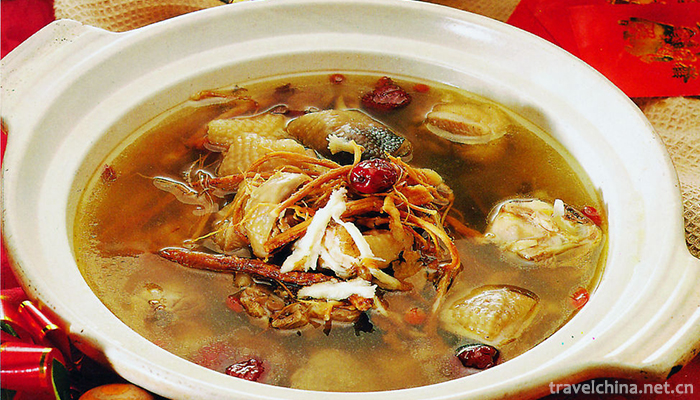
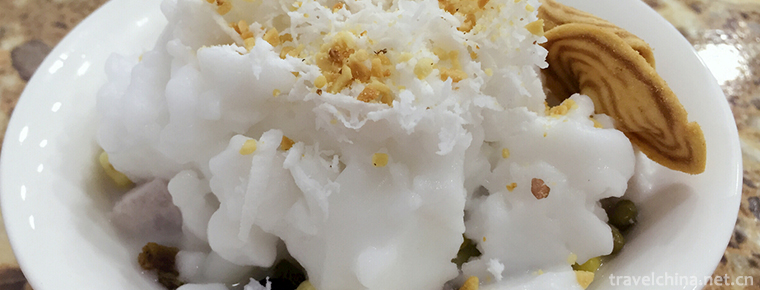
Ching Bo Leung
-
West Mountain Scenic Spot of Guiping
Guiping Xishan Scenic Spot, National AAAA Scenic Spot, National Geopark. Located in Guiping City, southeastern Guangxi Zhuang Autonomous Region, Xishan Scenic Spots 1 km away from the outskirts of the
Views: 142 Time 2019-01-13 -
The Twin Colossals
Shuangta Mountain is located ten kilometers southwest of Chengde Summer Resort in Hebei Province, with a total area of 3000 hectares and beautiful scenery. It is the largest natural scenic resort in C
Views: 321 Time 2019-02-08 -
De ang Watering Festival
The De'ang Water-Sprinkling Festival (also known as the Water-Sprinkling Festival) is held seven days after the Qingming Festival every year. It is a three-day commemorative event that combines the th
Views: 192 Time 2019-04-26 -
Ewenki reindeer custom
Ewenki reindeer, also known as Ewenki hunters (mainly according to their professional characteristics and different from other Ewenki), are part of the Ewenki people. They migrated over 300 years ago
Views: 180 Time 2019-04-28 -
Mi Luo Tuo
Milotta is a myth and ancient song spread in the Yao nationality inhabited areas of Du'an and Bama in Guangxi. It integrates myth, creation and hero. It describes the heroic achievements of the goddes
Views: 200 Time 2019-06-04 -
Sanhui Pavilion Club
Sanhui Caiting Pavilion is a local traditional folk cultural activity that performs in streets or squares on March 16-18 of the lunar calendar every year. Its artistic form of performance is ingenious
Views: 138 Time 2019-06-12 -
Production Techniques of Dahongpao of Wuyi Rock Tea
Wuyi Rock Tea (Dahongpao) production technology, local traditional handicraft in Wuyishan City, Fujian Province, one of the national intangible cultural heritage.
Views: 157 Time 2019-06-30 -
Wuju Opera
Wu Opera, commonly known as Jinhua Opera, is one of the local operas in Zhejiang Province. It centers on Jinhua area and is popular in Jinhua, Lishui, Linhai, Jiande, Chun'an, Yushan, Shangrao, Guixi,
Views: 247 Time 2019-06-30 -
Xingshan Folk Song
On May 20, 2006, Xingshan Folk Song was approved by the State Council to be included in the first batch of national intangible cultural heritage list.
Views: 178 Time 2019-07-08 -
Famous people in Mianyang
Wenqi, Emperor chengdi of Han Dynasty, Guangwu people, Ziqi, Zhenyuan General of the Eastern Han Dynasty.
Views: 340 Time 2020-12-14 -
Yibin special dishes
Yibin people like noodles most, such as stewed chicken noodles, salty and fresh noodles, sausage noodles, beef noodles, Beijing sauce noodles, mushroom noodles, three fresh noodles, spicy chicken noodles, eel noodles, Longfeng noodles. Among them, burnin
Views: 89 Time 2020-12-18
